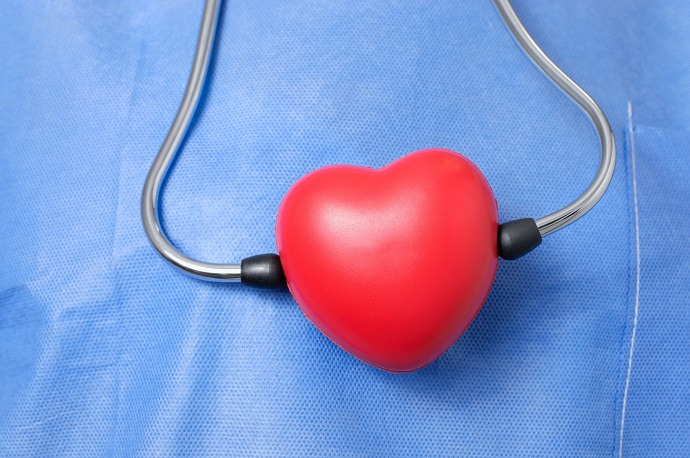Arkansas Blue Cross Grants $5M to Improve Behavioral Healthcare
The payer’s charitable foundation is awarding grants to several programs in Arkansas that provide behavioral healthcare services to individuals of all ages.

Source: Getty Images
- Arkansas Blue Cross is allocating $5.29 million to behavioral health programs in Arkansas to help increase access to behavioral healthcare services amid the ongoing mental health crisis in the state.
The payer’s Blue & You Foundation for a Healthier Arkansas works to promote better health across the state. The Foundation is awarding grants to programs that help expand the behavioral healthcare workforce and provide behavioral health support for people of all ages.
“We recognize the impact behavioral health can have on the health of individuals, families, and communities as a whole. With these investments, we can help create healthier communities and give hope to those in need, while normalizing the conversation around behavioral health,” Curtis Barnett, president and chief executive officer of Arkansas Blue Cross, stated in the press release.
Arkansans experience behavioral health concerns such as anxiety, depression, and suicide at rates higher than the national average, the press release emphasized. There is also a shortage of behavioral healthcare services and providers. More than half of adolescents in the state said they had a major depressive episode but did not receive treatment for it.
A portion of the grant money will fund programs that support pediatric behavioral health. The foundation is giving $1.5 million to Arkansas Children’s Hospital to introduce its HealthySteps program to pediatric primary care providers in the state.
The funding will also benefit adolescents and young adults. The Arkansas Chapter of The National Alliance on Mental Illness (NAMI Arkansas) will receive $78,000 to support NAMI High School Clubs and NAMI On Campus. These organizations offer mental health resources for high school and college students and work to reduce the stigma surrounding behavioral healthcare.
NAMI Arkansas will also receive $27,000 for its NAMI Educational Support Groups that provide behavioral health support to individuals by establishing community networks.
“We believe that addressing the behavioral healthcare needs of our state requires collaboration with local organizations that have demonstrated success in increasing access, improving outcomes and reducing stigma,” Barnett explained.
The Blue & You Foundation is awarding the University of Arkansas for Medical Sciences (UAMS) $1.2 million to expand its Trauma Resource Initiative for Schools, the press release stated. The initiative provides resources to kindergarten through twelfth grade staff to help them support students who experience a traumatic event or crisis while at school.
UAMS will also receive $750,000 to support AR-Connect, a behavioral health program that offers mental healthcare to all Arkansans, as well as a 24/7 crisis line.
The remaining grant money will go to three universities to aid in expanding the behavioral healthcare workforce. Arkansas State University, University of Arkansas Little Rock, and University of Arkansas Fayetteville will each receive $500,000 to support their Master of Social Work programs. This funding will give the programs’ licensed clinical social workers the chance to train in primary care settings.
The Foundation will also provide the universities with additional funds for start-up and administrative costs, the press release noted.
These grant recipients will increase access to behavioral healthcare for Arkansans, whether it is through directly offering mental health resources or educating individuals who will then go on to provide resources and services for others.
Payers are leveraging different tools and strategies to improve behavioral healthcare for their members.
Community Health Plan of Washington partnered with provider group Compass Health to increase behavioral healthcare access during the pandemic by using telehealth. The partners’ approach made it easier for members to access mental healthcare services without the worry of finding transportation or leaving their homes.
Using primary care services can also help payers address and improve behavioral healthcare. Arming primary care physicians with the proper strategies to respond to patients’ behavioral healthcare needs can benefit patients in a more holistic manner. While primary care physicians are not trained to treat behavioral health conditions, they may refer the patient to a specialist that can treat her needs.
